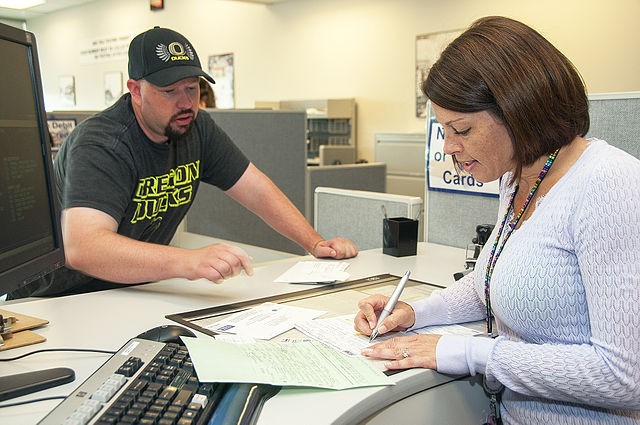Remote customer service has become increasingly prevalent, and businesses need to adapt to ensure they provide excellent customer support even when their teams are working from various locations. Here is the ultimate guide to remote customer service best practices:
1. Use Reliable Communication Tools:
- Employ reliable communication tools to facilitate seamless interactions between team members and with customers. Popular options include video conferencing, messaging platforms, and collaborative tools that support real-time communication.

2. Ensure a Stable Internet Connection:
- A stable internet connection is crucial for remote customer service. Both agents and customers should have reliable internet access to prevent disruptions during interactions.
3. Provide Adequate Training:
- Thoroughly train customer service agents on remote tools, communication platforms, and customer service best practices. Ensure they are equipped to handle various customer scenarios and understand the company’s policies.
4. Implement Robust Security Measures:
- Maintain strong security protocols to safeguard customer data and sensitive information. Utilize secure communication channels and educate agents on best practices for handling confidential data.
5. Establish Clear Communication Channels:
- Clearly define communication channels within the remote customer service team. Use messaging platforms, emails, or project management tools to ensure everyone is informed and can easily collaborate.
6. Set Realistic Response Times:
- Clearly communicate response times to customers. While remote work offers flexibility, setting realistic expectations for response times helps manage customer expectations and avoids dissatisfaction.
7. Leverage Multichannel Support:
- Provide customer support across multiple channels, such as email, live chat, social media, and phone. Ensure that remote agents are proficient in handling inquiries through various channels to meet customer preferences.
8. Focus on Empathy and Understanding:
- Train agents to prioritize empathy and understanding. Remote interactions lack face-to-face cues, making it essential for agents to convey empathy through words and tone to build positive customer relationships.
By following these remote customer service best practices, businesses can ensure that their customer support remains efficient, empathetic, and aligned with customer expectations, regardless of the geographical location of their team members.











